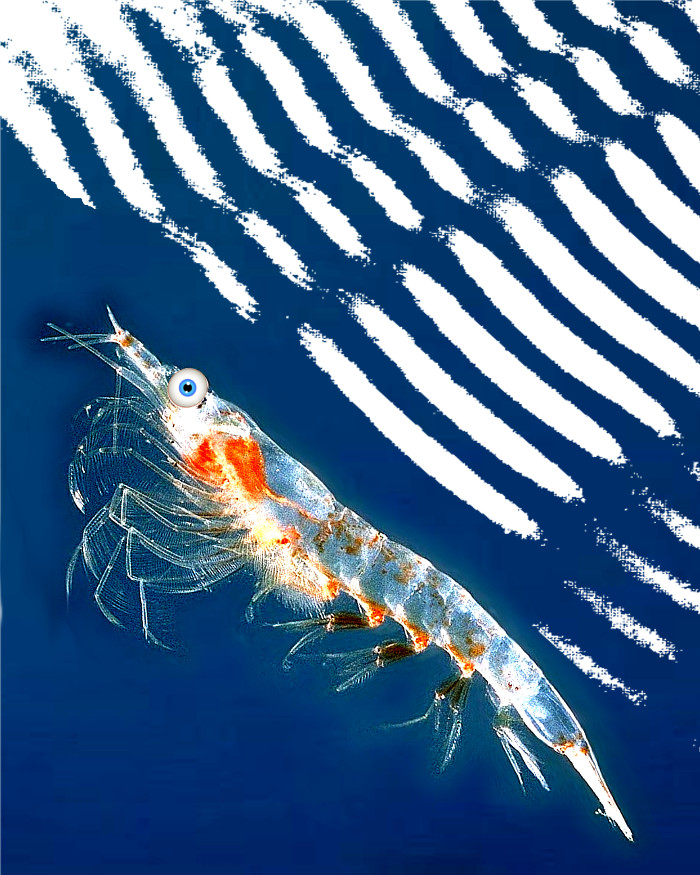Big calls for tiny creatures
 Experts have outlined research priorities for zooplankton - tiny creatures at the heart of the marine food chain.
Experts have outlined research priorities for zooplankton - tiny creatures at the heart of the marine food chain.
At the world's most extensive gathering on marine zooplankton, over 330 specialists from across the globe converged on Tasmania to define the immediate research directions for zooplankton in a changing environment.
These organisms, including an estimated 28,000 species of krill, jellyfish, and others that drift with ocean currents, are integral to carbon storage, the global climate system, marine ecosystem structures, and the productivity of commercial fisheries.
However, their small size, narrow temperature preferences, and complex life cycles make them particularly susceptible to environmental shifts.
With oceans warming, acidifying, and undergoing increasing pollution and overfishing, experts at the 7th International Zooplankton Production Symposium (17-22 March) emphasised the critical importance of understanding how zooplankton adapt.
Research priorities outlined at the summit aim to deepen the understanding of zooplankton and ensure their preservation against environmental changes.
The priorities include long-term biological time-series to assess environmental impacts on zooplankton populations.
Researchers say it is important to fill knowledge gaps regarding zooplankton physiology, life history, population dynamics, distribution, and abundance.
They also want to quantify the roles of major zooplankton groups in carbon and biogeochemical cycling, particularly in regions like the Southern Ocean.
Linking changes in zooplankton communities with shifts in the biological carbon pump is considered a crucial process for the ocean's ability to store carbon.
The experts said that improving understanding of the role of gelatinous zooplankton in carbon cycling and food webs will become increasingly necessary.
Additionally, they promote merging new technologies such as DNA, imaging, and bioacoustics with classical sampling techniques to advance zooplankton research.
The researchers say more efforts should be made to enhance zooplankton representation in these models by incorporating existing knowledge to improve predictions, and to develop these models based on direct measurements of zooplankton biomass, abundance, species composition, and timing, alongside oceanographic data.
Organised by prominent marine science organisations, including the North Pacific Marine Science Organisation (PICES), the International Council for the Exploration of the Sea (ICES), and the Australian Antarctic Program Partnership (AAPP) at the University of Tasmania, the symposium not only marked a significant step forward in marine zooplankton research but also served as a critical platform for uniting global experts towards a common goal.








 Print
Print